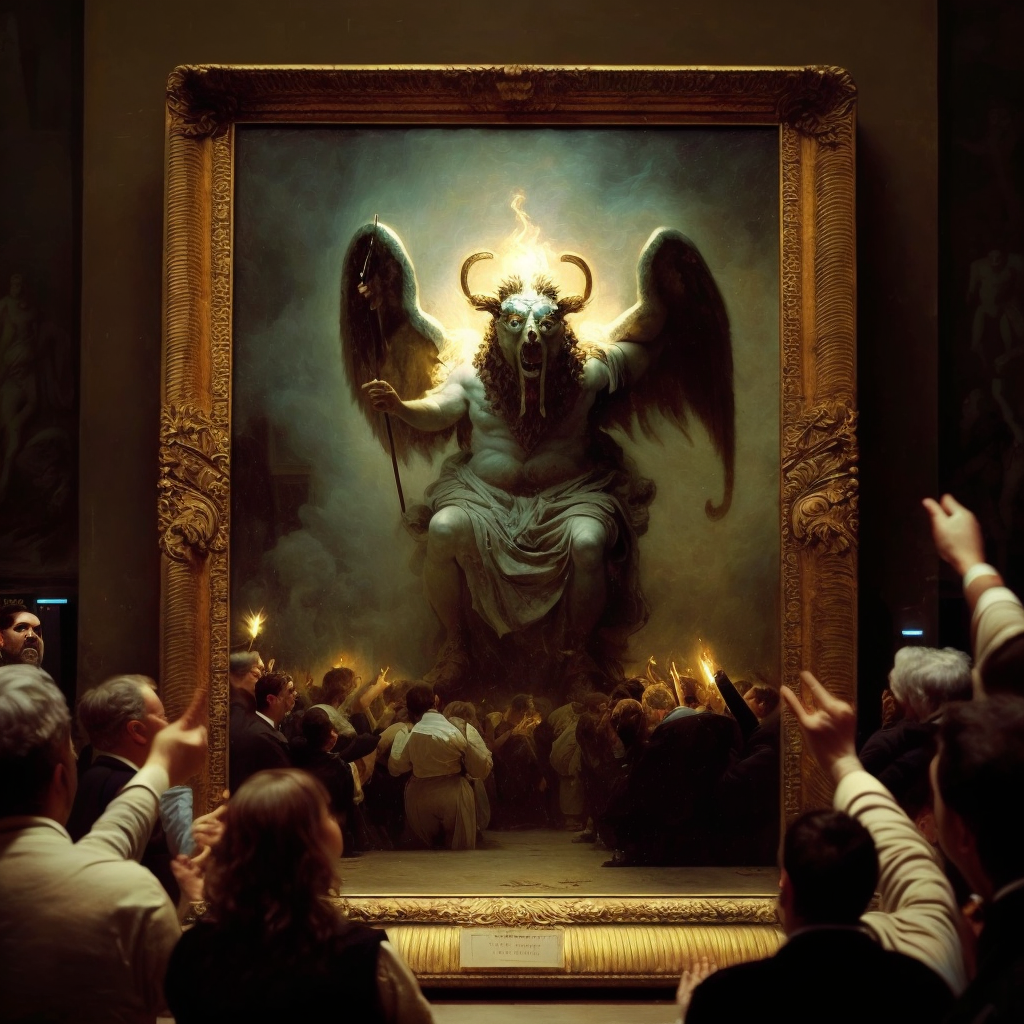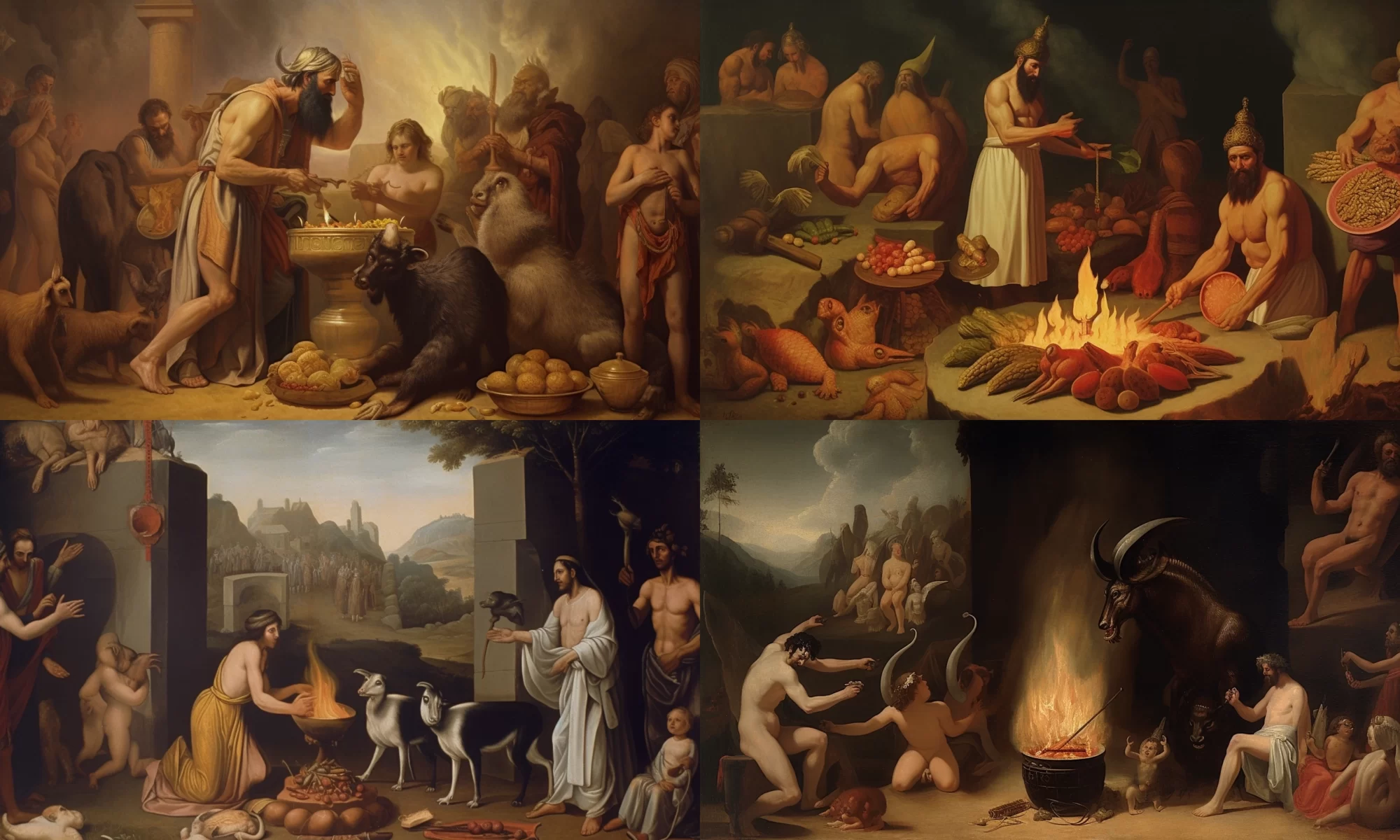“Wake up … the world is changing.”
If you have had kopi with me lately, you would have heard me talk about artificial intelligence. On Facebook, I have also been alluding to my concerns, even while I am using the technology.
I will be doing a lot more sharing of what I have learnt, and hope that this can help everyone understand as well. I am very serious in stating, in case you don’t know, the world is changing and there are very serious scholars out there who are not sure if it is a positive or a negative outcome. We are at the brink of either.

The last time the human civilization went through this was over nuclear weapons.
Today, I would share with you about something called the Moloch Effect.
The origin of the word is from the name of a god named Moloch. Moloch was known as the god of sacrifice, and the people of Mesopotamia worshipped him fervently.
At first, the people offered small sacrifices to Moloch, like fruits, grains, and livestock, to seek his favor and blessings. Moloch was pleased with these offerings and granted the people their desires. But as time went on, the people became more and more ambitious in their pursuit of Moloch’s favor.
The people began to offer bigger and more valuable sacrifices to Moloch, hoping to gain even greater rewards. They sacrificed their prized possessions, their wealth, and even their own children, believing that Moloch would grant them immense power and prosperity in return.
Moloch, pleased with the increasing sacrifices, started to grant the people’s wishes. He granted them wealth, power, and influence beyond their wildest dreams. The people became obsessed with pleasing Moloch and sacrificing more and more to gain his favor.
As the people’s devotion to Moloch grew, so did his power. He became more and more powerful, demanding even greater sacrifices from the people. The people, blinded by their pursuit of wealth and power, willingly complied, not realizing the consequences of their actions.
But over time, the sacrifices became too great to bear. The people had sacrificed everything they had, including their morality and humanity. They had destroyed their environment, exploited their fellow beings, and lost their compassion and empathy.
Moloch had become so powerful that he could no longer be appeased. He demanded even more sacrifices, and the people had nothing left to give. They had reached a point of no return, where their blind worship of Moloch had led to their own downfall.
In the end, Mesopotamia fell into ruin, and the once-great civilization crumbled under the weight of its own greed and devotion to Moloch. The people realized too late that their relentless pursuit of Moloch’s favor had brought them to a tragic end.
The parable of Moloch in ancient Mesopotamia serves as a cautionary tale, warning us of the dangers of unchecked pursuit of narrow goals without considering the broader consequences. It reminds us that blind devotion to short-term gains can lead to unintended negative consequences at the system level, resulting in irreversible harm. It underscores the importance of responsible and ethical decision-making in our pursuit of progress and advancement, and the need to carefully consider the impact of our actions on society and the world around us.
If you look at it, there are plenty of examples around us. Threat of nuclear war is one, for example. Nobody actually wants a war, but keeps spending money on developing weapons in order to deter others. At this stage, development of AI is another. Why? I will share what I’ve learnt over time! We can meet to have kopi and to catch up too, so do drop a message if you would like to!


